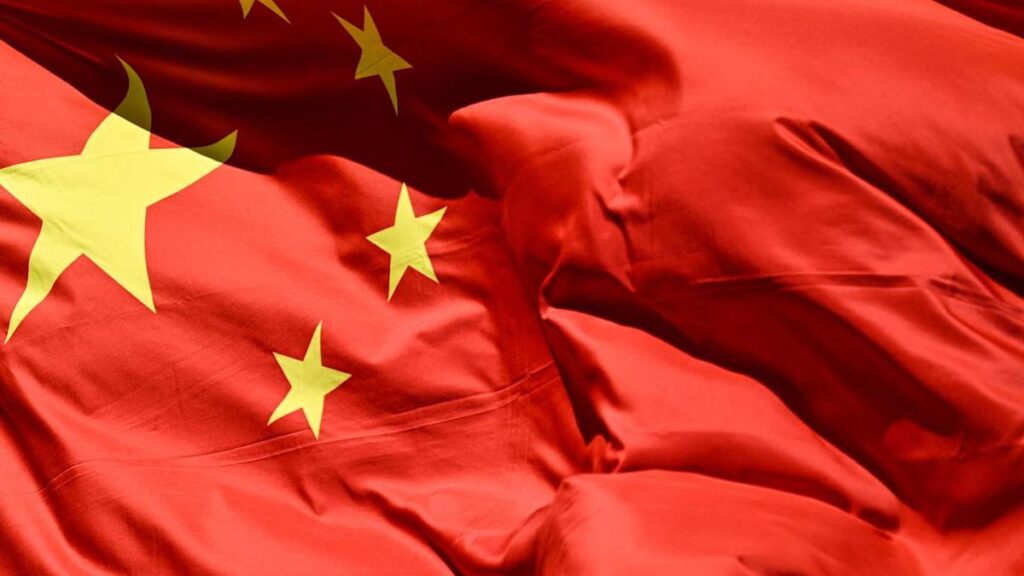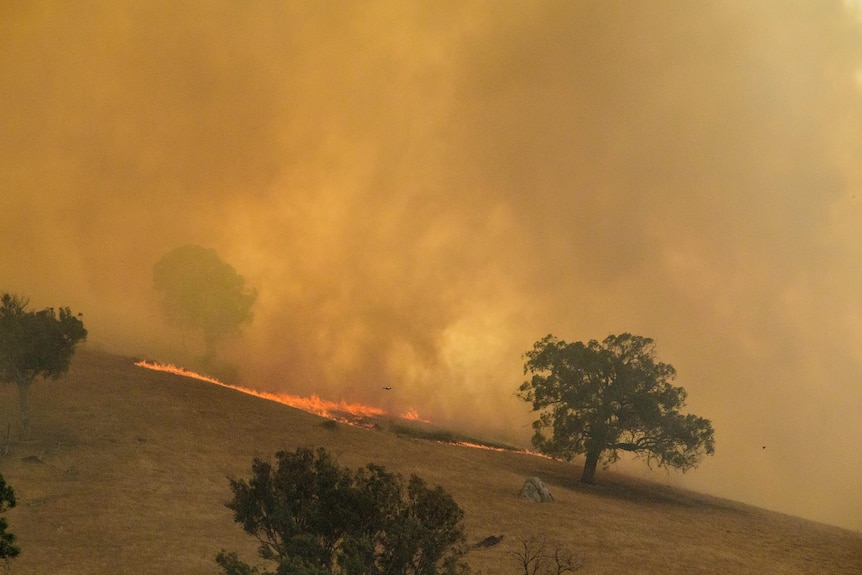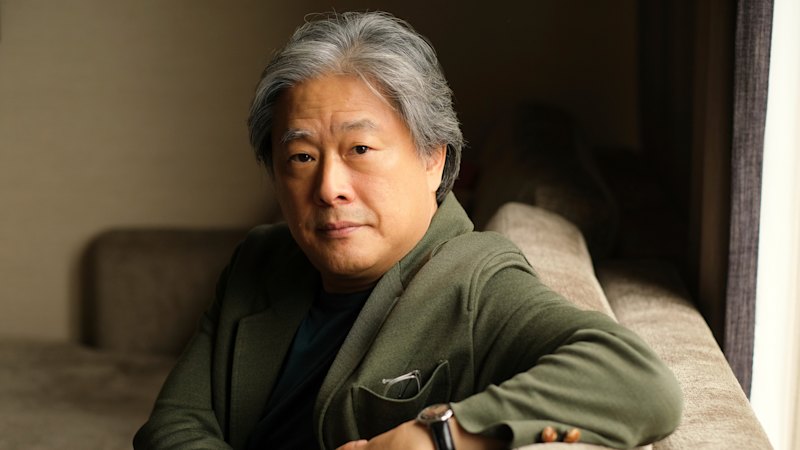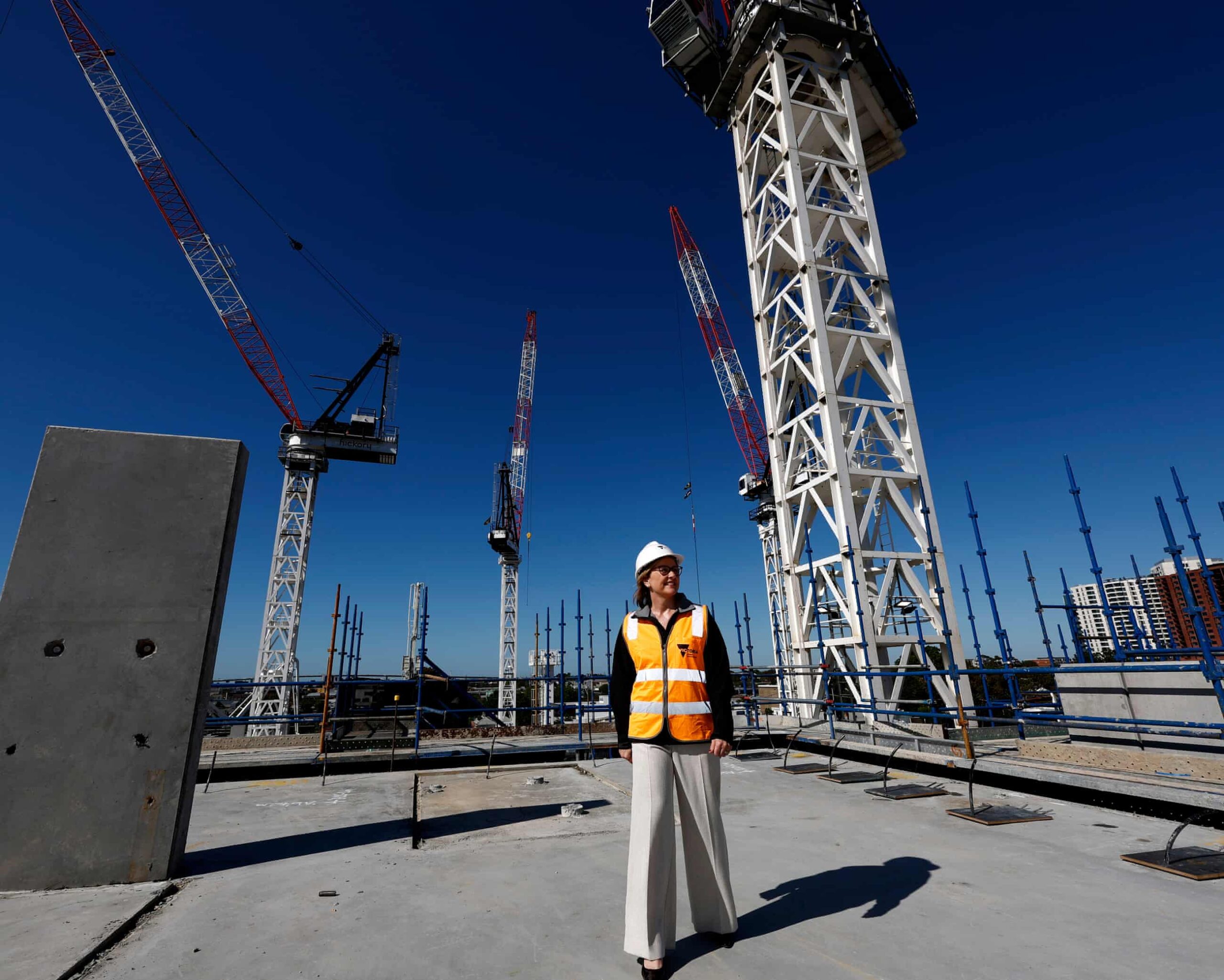
Australia’s approach to countering Chinese influence in the Indo-Pacific region emphasizes the importance of its “soft power,” according to Matthew Maury, the chief executive of the Australian Council for International Development (ACFID). As concerns grow regarding China’s expanding military presence and influence, Australia is focusing on strengthening its humanitarian efforts and relationships with Pacific nations.
The Australian government considers China its most significant strategic challenge. Deputy Prime Minister and Defence Minister Richard Marles has highlighted that China’s rapid military build-up contributes to “security anxiety” within Australia. While the relationship with China, its largest trading partner, remains vital, the government is preparing for potential military confrontations, particularly in light of rising tensions over Taiwan.
Soft Power: A Strategic Approach
Mr. Maury emphasized that Australia’s aid program is a crucial element of its soft power strategy, aimed at fostering peace and stability in the region. He stated, “Australia has made it very clear that they’re not going to step back from the relationships in the Pacific. They see the aid program as a really important piece of soft power.” This approach aligns with the philosophy articulated by American political scientist Joseph Nye, who coined the term “soft power” and argued that it is often more cost-effective than military engagement.
In his final essay prior to his passing in May, Nye criticized former President Donald Trump for significantly reducing funding to the United States Agency for International Development (USAID). This funding cut has had far-reaching effects, including a loss of approximately $400 million for aid programs in Australia, impacting around 120 projects. Mr. Maury noted that while Australia has increased its aid efforts, it cannot fully address the gaps left by the reduction in USAID funding.
Addressing Regional Challenges
Foreign Minister Penny Wong articulated the Albanese government’s vision for the region shortly after taking office. During a speech in Fiji, she acknowledged the “growing challenges from climate change, cuts to global aid, and rules under strain.” She asserted that collaboration among Pacific nations is essential, stating, “None of us can solve these problems on our own,” and emphasized Australia’s commitment to being a reliable partner for Pacific countries.
Australia’s role in addressing climate change is particularly critical, as rising sea levels pose a serious threat to many Pacific nations. In a significant move, Prime Minister Anthony Albanese signed a landmark agreement in 2023 to offer refuge to the 11,200 citizens of Tuvalu, directly addressing the existential threat posed by climate change.
Mr. Maury pointed out that the Pacific nations are closely observing Australia’s actions regarding climate commitments and foreign policy. He highlighted that the region is asking how Australia plans to address these challenges effectively and maintain its priority status in the Pacific.
The Australian government has committed record funding to development assistance in the Pacific, allocating over $2.1 billion. This funding is largely directed toward health programs and infrastructure projects, which are seen as essential to maintaining influence in the region. As one government official noted, investing in infrastructure like ports is crucial to prevent China from establishing a foothold in strategic locations.
In a world increasingly marked by insecurity, Mr. Maury noted that Australia’s aid initiatives are being viewed as vital tools for statecraft. He stated, “There’s a lot of data showing that investing in prevention is a much better return on your investment than investing in dealing with a conflict.” This underscores the growing recognition that soft power can be a decisive factor in maintaining stability and fostering relationships in the Indo-Pacific region.
As Australia navigates its complex relationship with China, the focus on soft power and humanitarian aid may prove essential in shaping the future dynamics of the Indo-Pacific.






